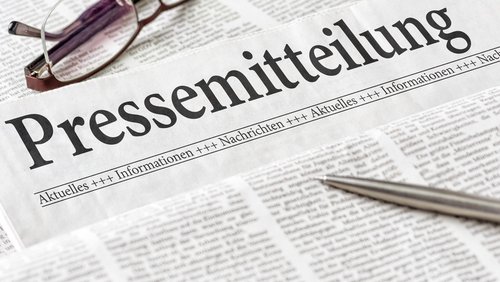Prosperity at its limits – how can we save our resources?
This question was discussed during a talk at the Technikum on October 9, 2025, at the bifa Environmental Institute in Augsburg.
On October 9, 2025, we had the opportunity to discuss the future of our resources with more than 100 guests and leading experts from science, business, politics, and society – a topic that directly affects our prosperity and quality of life.
The event was opened by Bavaria's Environment Minister Thorsten Glauber, who emphasized in his speech the shared responsibility for climate and resource protection. Mayor Eva Weber and Dr. Marc Lucassen, CEO of the Swabian Chamber of Industry and Commerce, also welcomed the guests. They expressed their heartfelt thanks to Prof. Dr. Wolfgang Rommel, who was given a ceremonial send-off after many years at the helm of the bifa Environmental Institute.
Urgent questions of our time were highlighted: What is the current situation and what scenarios need to be considered for the future? There was also intense discussion about whether the impending damage to the climate, environment, and society can still be completely averted. At the same time, participants questioned whether our existing economic, political, and social structures are actually geared toward long-term action or whether we are too stuck in short-term thinking patterns.
Shape the future instead of waiting!
High-ranking representatives from AUDI AG, WWF Germany, the Wuppertal Institute, the Technical University of Munich (TUM), the Technical University of Augsburg (THA), and the bifa Environmental Institute presented inspiring contributions on innovative visions and concepts, current research results, and practical solutions.
Looking ahead was particularly important: What concrete steps must we take to ensure a sustainable future and preserve our valuable resources? As diverse as the perspectives were, there was agreement on one point: Action is needed—not sometime and somehow, but now and together!
The numerous questions following the presentations and the concluding panel discussion also ensured a lively exchange between industry, environmental organizations, research, and politics. Participants eagerly took advantage of the opportunity to talk to decision-makers, gain new perspectives, and take away ideas for their own actions, their companies, or their communities.
![[Translate to Englisch:] Placeholder](/fileadmin/_processed_/f/4/csm_Header_Presse_d565a61df7.jpg)
